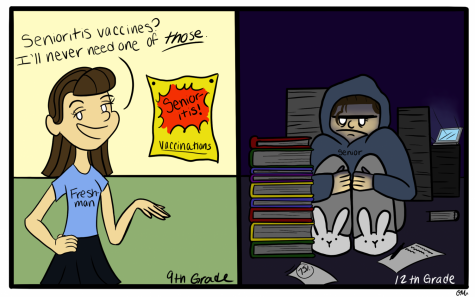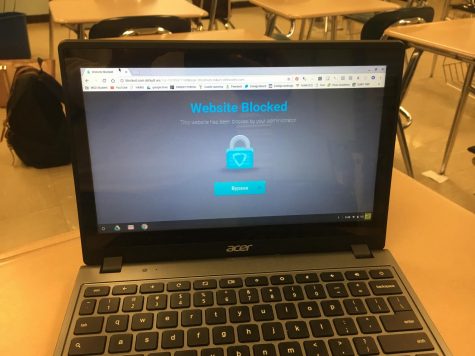Is the electoral college still effective in today’s society?
If one were to ask the average person whether or not citizens play a direct role in electing the President, their answer would be “yes.” However, the correct answer may be a bit more complicated than that.
Instead of agreeing upon a simple popular vote for the President, the Founding Fathers set forth a system known as the Electoral College, in which delegates from each state convene to vote for the president. The number of delegates that a state receives is based on population (although it is not entirely proportional). However, many are unaware that they do not vote for the President; they vote for the candidate for whom they want their state’s delegates to vote. In all states but Nebraska and Maine, this is a winner-take-all situation, in which the majority determining determines all of their state’s delegates.
This system may sound fairly reasonable, yet it can present many flaws. Though 21 states and Washington, D.C. have passed laws prohibiting this, delegates are not Constitutionally required to vote in line with the majority of their state. So in the remaining 29 states, delegates can choose whichever candidate they want, effectively denying the people’s voice in the matter.
In addition, the unequal distribution of delegates between the states gives smaller states disproportionate influence over the outcome of the election. Since each state is required to have at least three delegates (two from the Senate and one from the House of Representatives), some delegates are taken away from the larger states. Because of this, each vote is worth more in states that are less populous.Here in New York, votes count less than those of many smaller states. Although highly unlikely, it is entirely possible for a candidate to win the electoral college vote having only gained approximately 21% of the popular vote by only winning small states, according to Fairvote.org.
The electoral college was written into the Constitution because the Founding Fathers were afraid of completely allowing the popular vote to occur. A less educated general public and rudimentary infrastructure led them to believe that a direct popular vote would be both impractical and dangerous, and created the Electoral College as a safeguard against the “tyranny of the masses.” Today, however, this is no longer valid.
“I think that [the Electoral College] is a very outdated system that was only in use when people didn’t know much about the candidates,” senior Michael Lazard said. “But now with the internet and television, our votes actually do matter because we know who the candidates are and what they stand for.”
Yet, the Electoral College remains in existence, despite several elections wherein the candidate who received the most popular votes did not become president. This kind of upset occurred several times over the course of American history, in the elections of 1824, 1876, 1888, and 2000.
“The electoral college is significantly problematic because we have had several instances in which the winner of the popular vote did not become president. Such is the case in the 2000 election in which George W. Bush won. Also, presidents who win by a slim margin in the popular vote may appear to have a sweeping win in the electoral college,” Advanced Placement American Government and Politics teacher, Mr. Daniel Bachman, said. “Having said that, the electoral college preserves the sovereignty of the state, and until issues like gerrymandering and campaign finance reform are resolved, the electoral college is a necessary evil.”
So what can be used as an alternative to the electoral college? Should we decide to abolish it? We could adopt a simple majority vote, but this does not mean that the candidate is necessarily chosen by a majority rule. Instead, he or she just happens to get the most out of all candidates. In addition to this, “First Past the Post,” the name for this system, nearly always guarantees a two-party system and discontent amongst voters.
However, there is a system which could be more beneficial to third-party candidates and allow for more variety in presidential elections. This system is known as the Alternative Vote. Under this system, voters rank the candidates in order of preference, and votes are transferred to a candidate that is most favorable. This makes third parties stronger and gives them a chance to be elected. Under this system, independents, the Green Party, the Libertarian party, and other smaller parties have a chance of winning. This would also decrease partisan gridlock and further diversify the ideas and opinions shaping American politics. With this option for voting, citizens are more accurately represented, and there is more variety in government.
While changing the electoral college may not seem that important as compared to other controversies surrounding American politics, opting for more democratic options would be incredibly beneficial, especially in an era when citizens feel underrepresented and dissatisfied with the current state of affairs.




